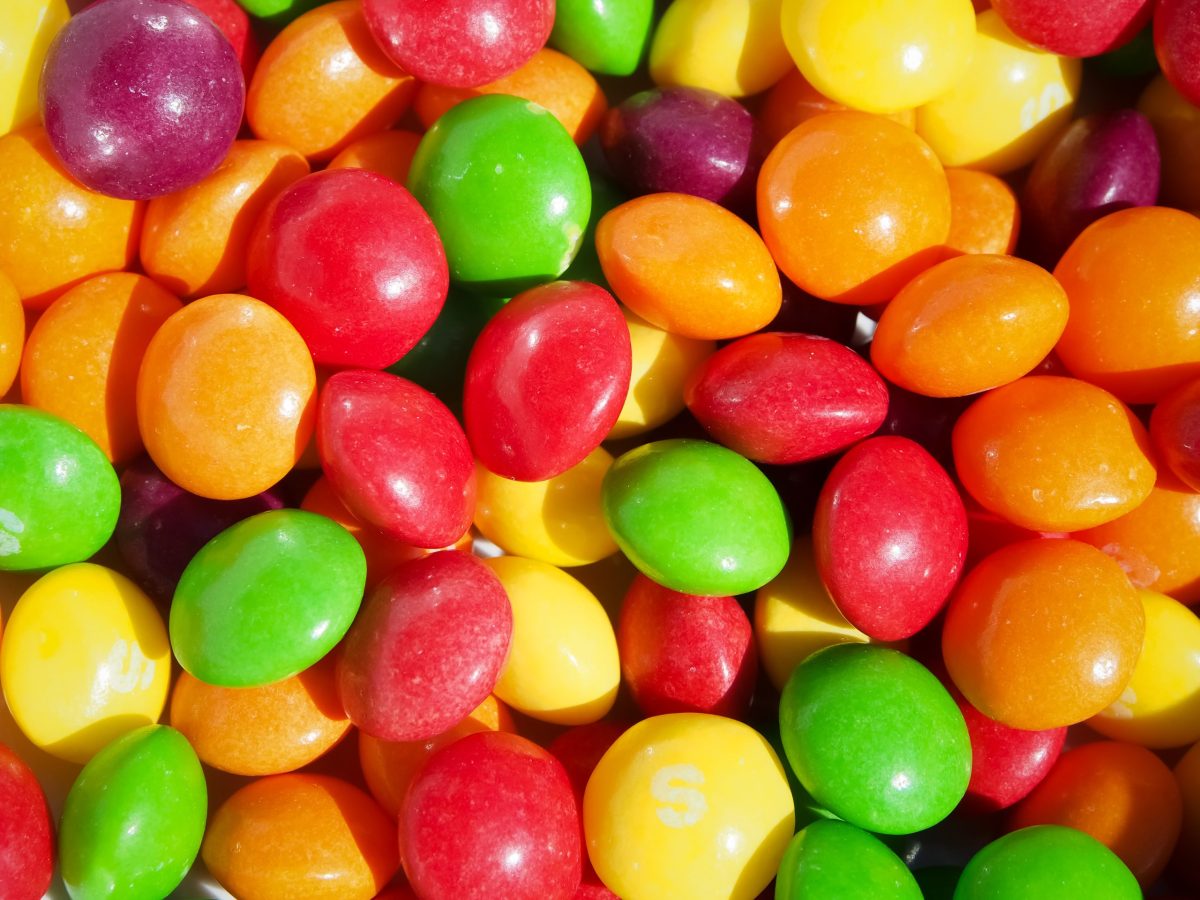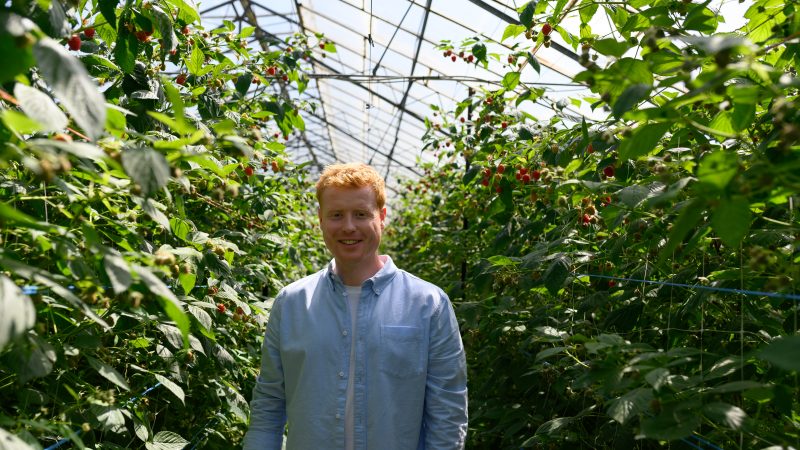Ban on food additive titanium dioxide looms on August 7

It’s now less than a week until titanium dioxide is no longer authorised as a food additive in both Ireland and Northern Ireland.
The August 7 deadline marks the end of a process that started in January when an EU Regulation withdrawing the use of titanium dioxide as an additive in food products was adopted.
Great Britain will not follow the European Union in banning titanium dioxide as a food additive at this time, but the ban will apply in Northern Ireland as a result of the Northern Ireland Protocol.
The UK’s Food Standards Agency (FSA) said after reviewing the evidence, no safety concerns had been identified, which means there will not be a change to regulation in England and Wales. Food Standards Scotland (FSS) also reached the same conclusion.
The FSAI said food containing titanium dioxide that is lawfully placed on the EU market before 7 August 2022 may remain on the market until its date of minimum durability or its ‘use-by’ date has passed. Food produced or placed on the market after 7 August 2022 cannot contain titanium dioxide.
“All food businesses currently using titanium dioxide as a food additive have a legal responsibility to comply with the requirements of Regulation (EU) 2022/63, banning the use of titanium dioxide. The FSAI encourages food businesses to source suitable alternatives to titanium dioxide and start the process of reformulation now to ensure compliance in advance of the ban coming into force on 7 August 2022,” a spokesperson said.
The European action was based on an assessment by the European Food Safety Authority (EFSA) in May 2021 which raised potential concerns over accumulation of titanium dioxide particles in the body and possible genotoxicity. Genotoxicity is the ability for a substance to damage DNA, which may lead to cancer.
In early 2022, the European Commission adopted a ban on the use of titanium dioxide as a food additive after member state backing in late 2021. Because of a six month transition period, it will apply from August 7 this year.
The additive is widely used to give a white colour in foods such as cakes and pastries, confectionery or food supplements.
Stella Kyriakides, who is in charge of EU health and food safety, previously said the safety of food and consumer health was non-negotiable.
“This is why we ensure strict and continuous scrutiny of the highest safety standards for consumers. A cornerstone of this work is to make sure that only safe substances, backed by sound scientific evidence, reach our plates,” she said.
The FSA’s scientific advisory committees reviewed the EFSA opinion and found that the evidence did not support the conclusions made. In the United States, the additive may be used under certain conditions set by the Food and Drug Administration (FDA).
The FSA and FSS are doing a risk assessment on the substance that should be ready for early 2023.








